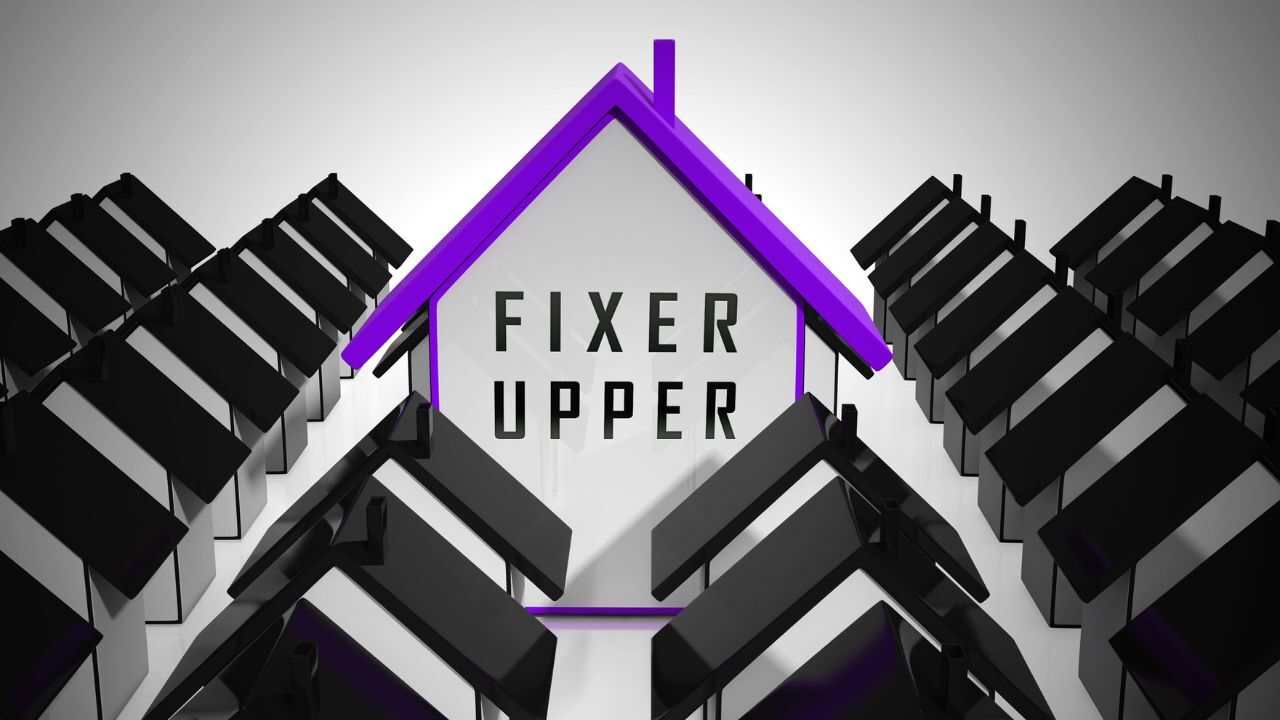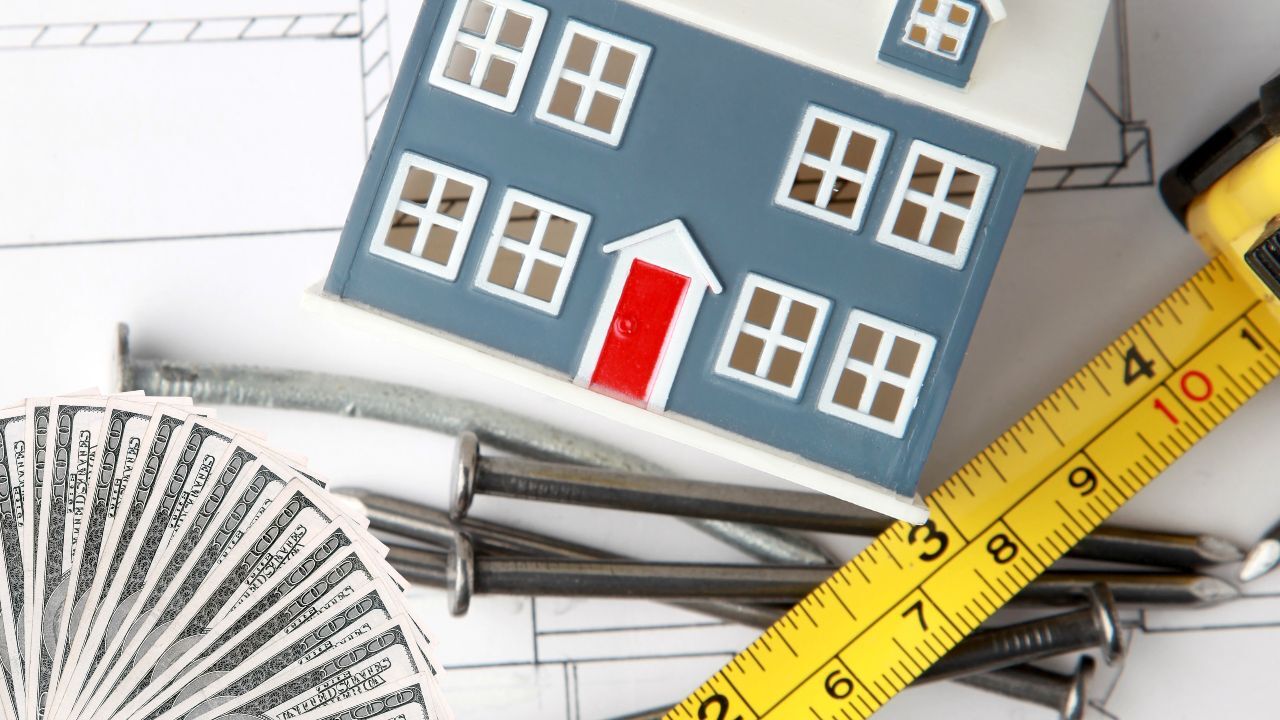The Mortgage Options That Make It Possible to Buy a Fixer-Upper
 Buying a fixer-upper can be an exciting way to get into a desirable neighborhood at a lower price point, while also creating a home that reflects your style and needs. However, financing a property that needs significant repairs can be challenging if you are only looking at traditional mortgage products. The good news is there are several mortgage options designed specifically for buyers who are ready to take on a renovation project. Understanding these options can help you choose the right path to turn a home with potential into your dream property.
Buying a fixer-upper can be an exciting way to get into a desirable neighborhood at a lower price point, while also creating a home that reflects your style and needs. However, financing a property that needs significant repairs can be challenging if you are only looking at traditional mortgage products. The good news is there are several mortgage options designed specifically for buyers who are ready to take on a renovation project. Understanding these options can help you choose the right path to turn a home with potential into your dream property.
FHA 203(k) Rehabilitation Loan
The FHA 203(k) loan is a popular choice for buyers who want to purchase a fixer-upper and finance both the purchase price and the renovation costs in a single mortgage. Backed by the Federal Housing Administration, this program has more flexible credit requirements than many conventional loans. There are two types of 203(k) loans: the Limited 203(k) for smaller projects such as replacing flooring or appliances, and the Standard 203(k) for major renovations like structural repairs or room additions.
Fannie Mae HomeStyle Renovation Loan
The Fannie Mae HomeStyle Renovation loan allows you to borrow based on the as-completed value of the home, which is the estimated value after the renovations are finished. This loan can be used for a wide range of improvements, including luxury upgrades that FHA loans do not typically cover. Since it is a conventional loan, you may need a higher credit score than with FHA, but it offers competitive interest rates and can be used for primary residences, second homes, and investment properties.
Freddie Mac CHOICERenovation Loan
The Freddie Mac CHOICERenovation loan is another conventional option that can be used for repairs, upgrades, or even renovations to help a property withstand natural disasters. Like the HomeStyle loan, it is based on the post-renovation value of the property. It can also be paired with certain affordable lending programs to make the upfront costs more manageable.
VA Renovation Loan
For eligible veterans, service members, and certain surviving spouses, the VA Renovation Loan provides an opportunity to finance both the home purchase and repairs under the benefits of the VA loan program. This means no down payment in most cases and favorable terms. However, not all lenders offer this product, and the renovation work must be completed by VA-approved contractors.
Why Renovation Loans Make Sense
Renovation loans not only make it possible to buy a home that might otherwise be out of reach, they also give you the flexibility to create a space tailored to your vision. By rolling the cost of improvements into your mortgage, you avoid the need for multiple loans or high-interest credit cards to pay for repairs. In addition, the value of the home often increases after renovations are completed, which can improve your equity position more quickly.
If you have found a home with good bones and the right location but it needs some work, one of these renovation loan options could help you transform it into the home you have always wanted. The key is to work with a mortgage professional who understands the specific requirements of each program and can guide you toward the option that best fits your needs and budget.

 When purchasing a home, buyers typically assume a new mortgage loan. However, in some situations, a buyer may opt to assume the seller’s existing mortgage. Known as a mortgage assumption, this process allows the buyer to take over the terms and payments of the seller’s current loan. While mortgage assumptions can offer benefits, they also come with certain drawbacks. Understanding the pros and cons of mortgage assumptions can help you determine whether this option is right for you.
When purchasing a home, buyers typically assume a new mortgage loan. However, in some situations, a buyer may opt to assume the seller’s existing mortgage. Known as a mortgage assumption, this process allows the buyer to take over the terms and payments of the seller’s current loan. While mortgage assumptions can offer benefits, they also come with certain drawbacks. Understanding the pros and cons of mortgage assumptions can help you determine whether this option is right for you. Renovating a home can be an exciting yet costly endeavor. Whether updating an outdated kitchen, adding more living space, or improving energy efficiency, homeowners often seek financing options that make renovations more affordable. One strategic way to fund home improvements is by leveraging your mortgage. Several loan programs and refinancing options allow homeowners to roll renovation costs into their mortgage, making upgrades more accessible and financially manageable.
Renovating a home can be an exciting yet costly endeavor. Whether updating an outdated kitchen, adding more living space, or improving energy efficiency, homeowners often seek financing options that make renovations more affordable. One strategic way to fund home improvements is by leveraging your mortgage. Several loan programs and refinancing options allow homeowners to roll renovation costs into their mortgage, making upgrades more accessible and financially manageable.